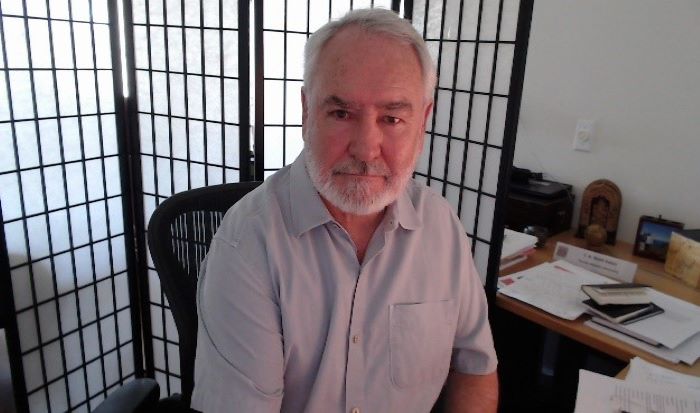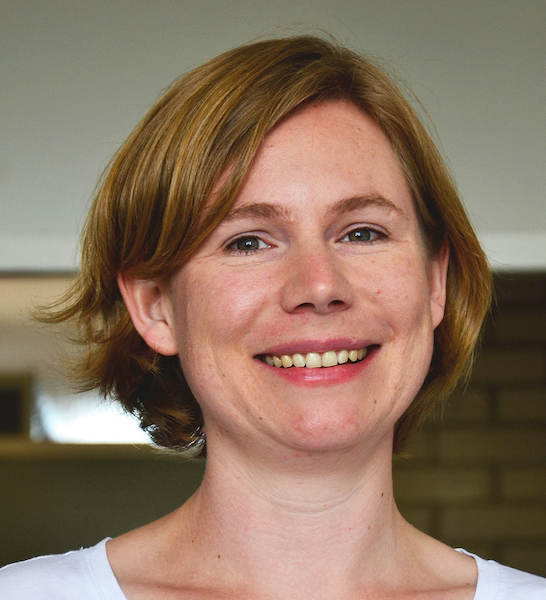Invited Speakers - ECogS Seminars 2021-2022
Invited talks

Date: 2021-09-27
Title: "Inhabiting Space"
Tony presented on the subject of spatial cognition from an ecological psychology perspective.

Date: 2021-11-08
Title: "Mindshaping, Racist Habits, and White Ignorance"
Abstract: Theorists such as Charles Mills have argued that racism and white supremacy are pernicious, in part, because they result in an “epistemology of ignorance” whereby white people come to know the world in systematically distorted ways. Drawing upon insights from the enactivist approach and associated notions of habit and mindshaping, I argue that so-called “white ignorance” is the result of over-determining social influences that frequently operate covertly and lead to inflexible habits of mind. These socially inculcated habits make it difficult for individuals to attend to relevant considerations, form accurate interpretations, or revise their beliefs in light of new evidence. But in addition, white subjects actively, though not necessarily self-consciously or intentionally, maintain their ignorance and investment in whiteness in order to hold on to racial privilege, preserve their self-image, and avoid painful confrontations. In my view, an enactivist account of mindshaping and habit can help us to make sense of how subjects are both molded by their social environment, and also play an active role in enacting and reproducing oppressive patterns of cognitive and practical engagement.
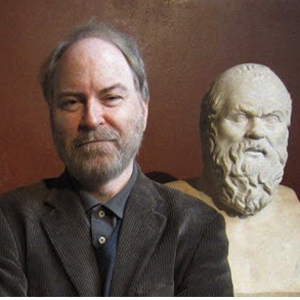
Date: 2021-12-06
Title: "Enactive solutions to the integration problem in psychiatry"
Abstract: I review several proposed solutions to what has been called the integration problem in psychiatry -- the problem of how to integrate different levels of analysis or different causal processes that include biological, psychological and social factors. I’ll argue that approaches that rely on the notion of different levels are problematic for several reasons. I also suggest that an enactive approach which defends the notion of an emergent, organizational fusion of factors (de Haan 2020) is equally problematic. In contrast, I develop an enactive model based on the concept of a dynamical causality. As a test case I show how the model would work to explain specific communicative deficiencies in Austism Spectrum Disorder.

Date: 2022-01-17
Title: "A twisted loop between inside and outside: Searching for an appropriate image of consciousness based on phenomenology and enactivism"
Abstract: Contemporary discussions on consciousness in fields such as cognitive science, neuroscience, and philosophy tend to deal directly with the question of what consciousness is. However, it would be difficult to advance a theory of consciousness without considering what it means to "think about consciousness." Instead of focusing directly on consciousness, we need to first look at what is happening in us when we think about consciousness. In my talk, I will discuss what makes "consciousness" stand out as a specific concept. I argue that consciousness can only become distinct when it is contrasted with non-consciousness such as sleep or fainting. "Consciousness" as a concept is mediated by its negation. By keeping in mind the mediated nature of consciousness, we can prevent inappropriate hypostatization. The most prevailing form of hypostatization (or objectification) of consciousness is to think of consciousness as "something closed inside the skull." Against this idea, we should emphasize the relational nature of consciousness as expressed in its intentionality. This relational nature of consciousness boils down to its relation to the world and the body. Thus, "consciousness" ultimately means a relational event mediated by our body on the one hand, and by the world on the other. In other words, consciousness consists in the fact that our body and the world are mediated by each other as Francisco Varela suggested with his idea of "fundamental circularity." Finally, I will attempt to update our understanding of consciousness by introducing the image of a twisted loop between our body and the world. It is twisted because here is a relationship in which the world encompasses my body, which encompasses the world as experienced by me. This relationship cannot be observed as a straightforward flat circle.

Date: 2022-01-28
Title: "Enactive Psychiatry, existential sense-making, and enactive ethics"
Abstract: In my book Enactive Psychiatry, I use insights from enactivism to address psychiatry’s integration problem, that is, the problem of relating the various, heterogeneous factors that may play a role in the development and persistence of psychiatric disorders. In order to solve the integration problem, enactivism needs to take our specific characteristics as existential beings into account, though, including the effects of our existential condition on our sense-making. What does this imply for enactive theory and the life-mind continuity thesis? And just how moral is our existential sense-making?
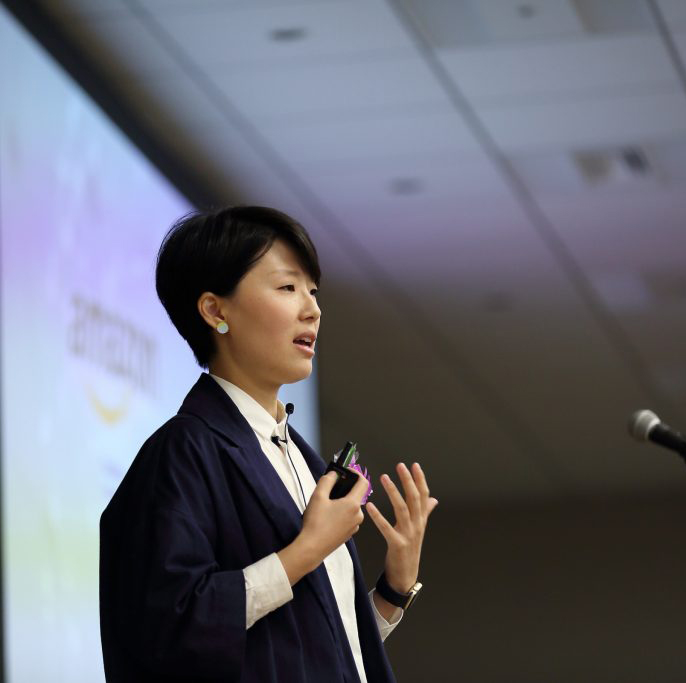
Date: 2022-02-14
Title: "Exploring online social ecosystems through bio-inspired perspectives"
Abstract: Understanding how organisms reproduce and adapt to their environment and evolve is a significant issue in natural ecosystems. Similarly, online social systems such as social media are new ecosystems with complex functions. Recently, there has been a lot of attention on how much we can explain the ecosystem of social systems by using analogies of biological ecosystems because of the expectation that natural ecosystems provide a comprehensive theory for understanding social systems. In line with this research approach, I will discuss how the phenomena occurring in the online social ecosystem relate to living organisms' characteristics in this talk. By doing so, we hope to develop a strategy to transform online social systems into a constructive and democratic forum for making suggestions, debating, and communicating new ideas.
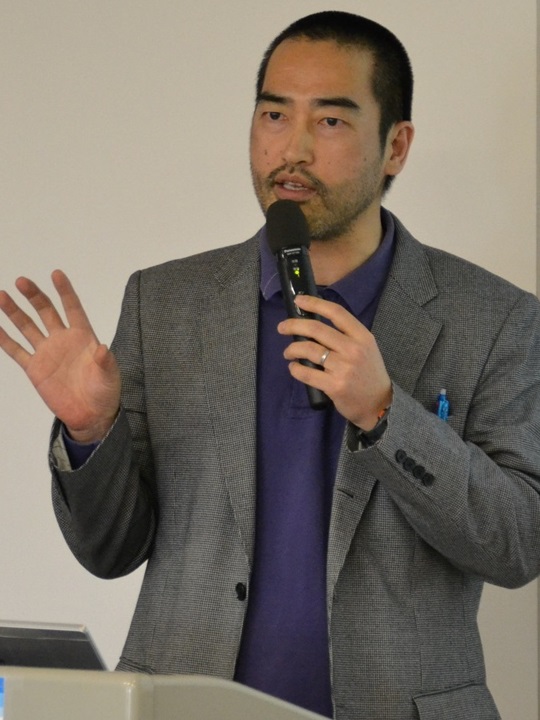
Date: 2022-04-04
Title: "Intercorporeality mediated by online meeting software"
Abstract: The current pandemic has rapidly increased using online software for meetings, such as Zoom, Microsoft Teams, and Google Meet. Many people are already accustomed to using this software. However, we feel there are differences between online and face-to-face conversations and discussions even when communicating with the same people because of differences in intersubjective experiences between online and face-to-face conversations. Differences in embodied interactions that typically appear as nonverbal behaviors during interpersonal communication might form the background to these differences. In this presentation, I plan to describe such intersubjective differences from a phenomenological perspective. I will start by endorsing Merleau-Ponty’s notion of intercorporeality and its impact on social understanding. Then, I will report a case study of observational research comparing online conversations using Zoom and face-to-face conversations. The analysis will cover differences between these conversations using the concept of intercorporeality, manifesting as interactional synchrony and behavior matching (Tanaka, 2015). I suggest that there are observable differences in (a) the bodily signals that mediate embodied interactions, (b) the frequency of synchrony and matching, (c) the formation of social space, and (d) the relationship with one’s own body, which structurally affect emerging intersubjective experiences during online and face-to-face conversations. I especially wish to point out differences in what emerges “in-between” the interactants of these two types of conversations.
Date: 2022-04-11
Title: "Studies on cognitive neurorobotics by extending the framework of predictive coding and active inference"
Abstract: The focus of my research has been to investigate how cognitive agents can develop structural representation and functions via iterative interaction with the world, exercising agency and learning from resultant perceptual experience. For this purpose, my team has developed various models analogous to predictive coding and active inference frameworks and we have used them for conducting diverse robotics experiments involving physical interactions in the environment as well as social interactions with humans or other robots for more than two decades. The current talk introduces a set of emergent phenomena which we found in such robotics experiments recently. These findings could inform us of possible non-trivial accounts for understanding embodied cognition.

Date: 2022-05-13
Title: "The ‘First Prior’: from Co-Embodiment to Co-Homeostasis in Early Life"
Abstract: The idea that our ongoing perceptions, cognitive processes and actions are influenced by prior events and experiences has recently received substantial support and attention from the proponents of the Predictive Processing (PP) and Active Inference framework (AIF) both in philosophy and computational neuroscience. In this view, the human brain actively ‘predicts’ or ‘anticipates’ what sensory input is coming next, on the basis of prior inputs. This is because humans are first and foremost biological organisms striving to reduce uncertainty and to survive within a highly volatile environment. In this paper we look at how perception, cognition and actions get off the ground from the outset, in utero. Indeed, one basic yet overlooked aspect of current PP and AIF approaches is that brains (and minds), and human bodies, first develop within another human body. Crucially, while not all humans will have the experience of being pregnant or carrying a baby, the experience of being carried and growing within another person’s body is universal. Specifically, we define in utero development as a process co-embodiment and co-homeostasis, and highlight their close relationship under an active inference approach. Contrary to the common view of the foetus being passively ‘contained’ and solipsistically ‘trapped’ in the solitude of the womb, we will present evidence speaking in favour of an active, precarious and bidirectional co-regulation between the two living bodies, what we will call co-homeostasis. We build upon previous work looking at homeostatic and allostatic bodily mechanisms operating already in early stages of development. The co-embodiment and co-homeostasis theses will lay the preliminary ground for introducing an active inference reading of in utero development of perceptual experiences. We conclude that the co-embodiment and co-homeostasis theses may have important implications on several critical questions fuelling current debates on the nature of conscious experiences, minimal self-awareness and social cognition. Our paper lays the theoretical basis for understanding and addressing in future work the fundamental question: how humans self-regulate their homeostatic bodily states and build their most basic self- and world-models literally within and through others’ bodies, in utero and beyond.

Date: 2022-05-23
Title: "Enactive Cognition meets Feminism - A New Solution to the Mind-Body-Body Problem"
Abstract: In my talk I explore conceptual bridges between enactive-embodied approaches to cognition and feminist philosophy of embodiment to develop steps toward a new solution to the mind-body-body problem. Enactive and embodied approaches have reconceptualised the Bohemian-Cartesian mind-body problem in terms of the so-called mind-body-body problem, the question of how a subjective, experiencing mind relates to the body as lived (Leib) and the body as living (Körper). The solution to the body-body problem is an animalist dual-aspect theory according to which mental and physical properties are two aspects of a third entity - namely of the living animal or body. A consequence of this is the essential embodiment view of the self, which equates self with the organism/body. I will draw on feminist theory to argue that the mind-body-body problem is not solved because it entails an ahistoric, universalistic and individualistic understanding of the body and fails to account for non-standard subjectivities (non-Western, non-male etc.). To solve this issue, we first need to address what I have previously called the body-social problem and specify the role of the social environment and social interactions for the self and the body. I explore how combining insights from “New Materialism” in feminist embodiment philosophy with the concept of enactive autonomy can be a fruitful route towards this end. It may lead to a necessary update of the animalist conception of embodiment in terms of what I call “transformative embodiment”. According to this, individual bodies are entrained by the social and cultural context and social relations they are engaged in, thus permanently becoming, yet never fully coinciding with the self.

Date: 2022-09-09
Title: Enactive approach to the question of the possible
Abstract: An explanation of the perception of a multiplicity of possibilities seems necessary if we want to understand adaptability, sense-making or emotions. The meaning of positive or negative values for the organism requires the simultaneous presence for him of a multiplicity of good or bad alternatives. For example, the distance from the predator or the prey is charged with stakes and values, with dangers and desires, which only make sense through the actual multiplicity of movements that can occur. To propose a mode of naturalization of the lived experience of the possible, we will thus take again the question of the spatial perception of an object, in exteriority in a field of possible positions and movements. I would like to show that there can be no answer through an individualistic sensorimotor approach, but that it is only through interindividual interactions that we can understand the constitution of a field of possibilities. My hypothesis is that this field is first constituted as a field of possible reciprocities (am I perceived when I perceive). To clarify this idea, I will propose a minimalist experimental study of perceptual crossings in the situation where reciprocity becomes uncertain.
Future speakers
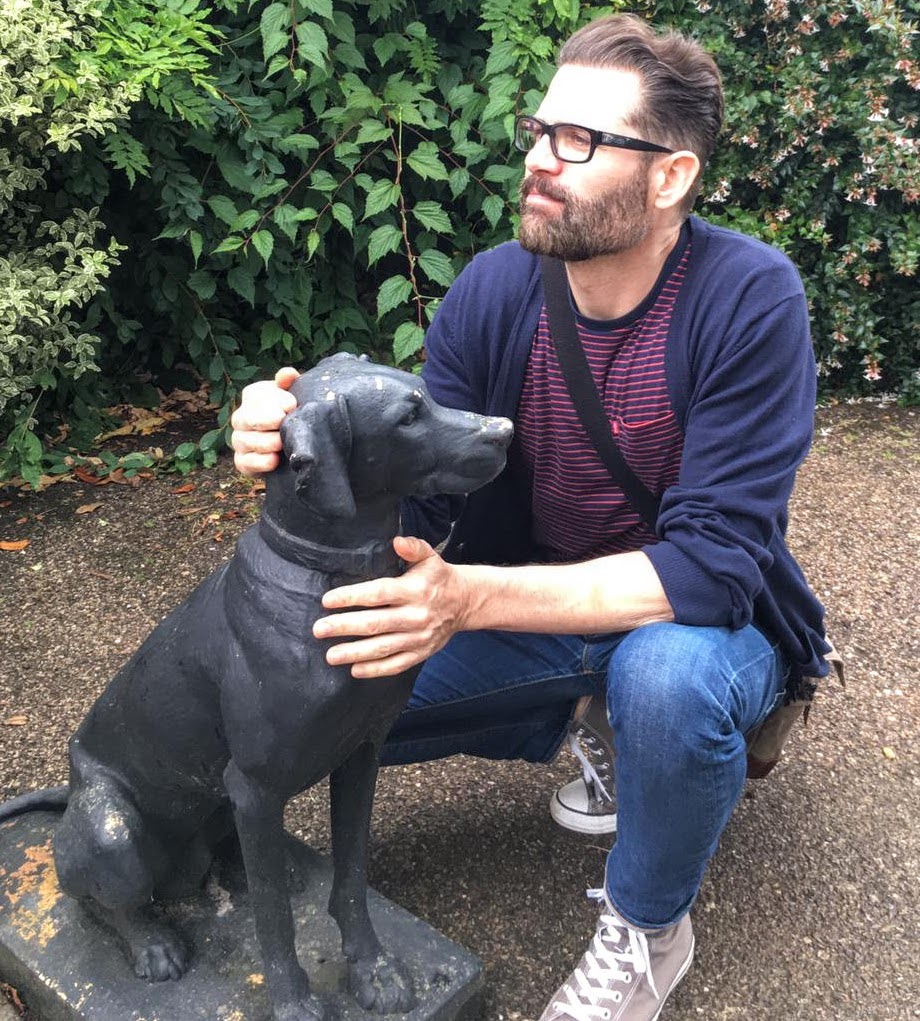
Date: 2022-10-07, 3:30pm JST
Title: Communing with the dead online: chatbots, grief, and continuing bonds
Abstract: Grief is ubiquitous. And it has always been supported by different technologies: from tombs, shrines, letters, and photographs to, more recently, online spaces, platforms, and resources that preserve our digital remains. In this talk, I consider the place of some of these emerging online technologies in our grieving practices. Drawing on recent work with Lucy Osler, I specifically consider how "chatbots" -- software apps modelled after a specific person using their images, voice data, social media posts, text messages, and written letters -- help us preserve and commune with the dead in increasingly sophisticated ways. After sketching some ways that chatbots can help establish continuing bonds with the dead, I respond to several worries about this technology. I conclude that chatbots may, for some, play a useful role within a broader repertoire of grieving practices.

Date: 2022-10-28, 3:30pm JST
Title: The interpersonal factors that shape real-time social interaction dynamics
Abstract: While research within social cognition has increasingly begun to move towards studying individuals in true interaction with others, rather than as individual observers of social stimuli, much of our understanding of social processes still comes from averaged, individual-level analyses. Meanwhile, real-time dynamic social interactions between two people are unique to the interacting dyad and social context. They are hence modulated by interpersonal differences in task-related constraints, task expertise, reciprocity, and embodiment of high-level social differences, the effects of which are poorly understood on real-time interaction mechanisms. In this talk, I will present several experimental studies that investigate how interpersonal factors shape the changing dynamics of social coordination between two people, and discuss the mechanisms that facilitate interpersonal coordination of actions.
